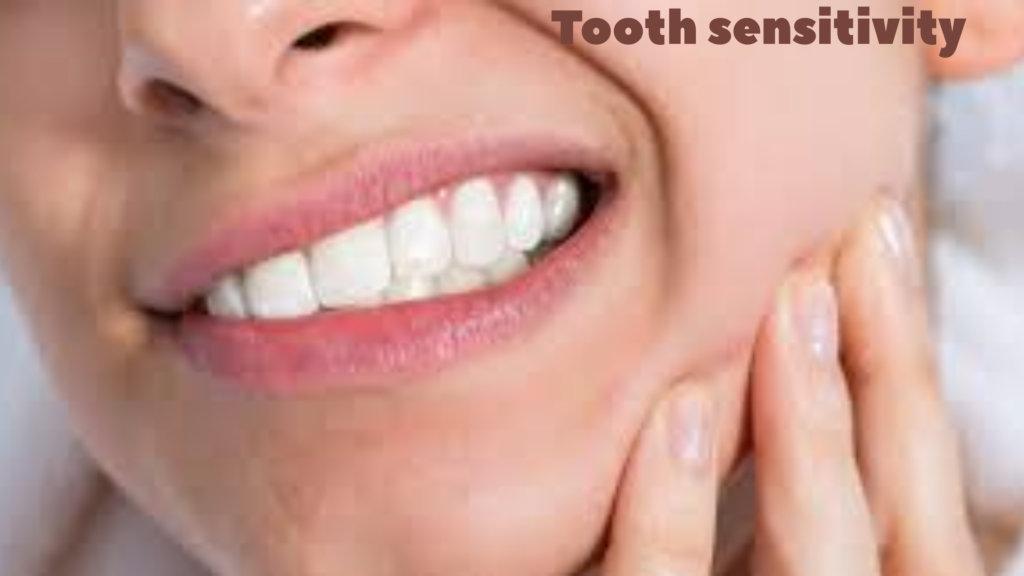Tooth sensitivity, also known as dentin hypersensitivity, is a common dental issue where you feel a sharp, sudden pain in your teeth in response to certain stimuli — like cold, hot, sweet, or acidic foods, or even when brushing.
🦷 What Causes Tooth Sensitivity?
🔍 Main Cause: Exposed Dentin
Dentin is the layer beneath the enamel and contains tiny tubules that connect to the tooth nerve. When it’s exposed, external stimuli can reach the nerves, causing pain.
✅ Common Causes Include:
- Enamel wear (due to erosion, abrasion, or attrition)
- Receding gums (exposing root surfaces)
- Tooth decay or cavities
- Cracked or chipped teeth
- Teeth grinding (bruxism)
- Overuse of whitening products
- Gum disease
- Post-dental treatment sensitivity (e.g., after fillings or cleanings — usually temporary)
⚠️ Triggers of Sensitivity
- Cold foods/drinks (ice cream, cold water)
- Hot foods/drinks (tea, soup)
- Sweet or acidic foods
- Cold air
- Brushing or flossing
- Mouth rinses with alcohol
🛠️ Treatment Options
🏠 At-Home Care:
- Desensitizing toothpaste (e.g., Sensodyne)
- Fluoride mouth rinses or gels
- Avoid acidic foods and drinks
- Use a soft-bristled toothbrush
- Proper brushing technique (gentle, not aggressive)
🦷 Professional Treatments:
- Fluoride varnish or gels applied in-office
- Desensitizing agents or sealants
- Dental bonding for exposed roots
- Gum graft (for severe gum recession)
- Root canal (if pain is severe and persistent, due to nerve involvement)
🛡️ Prevention Tips
- Brush twice daily with fluoride toothpaste
- Floss once daily to prevent gum disease
- Avoid aggressive brushing or hard-bristle brushes
- Use a mouthguard if you grind your teeth
- Limit acidic foods and drinks
- See your dentist regularly
